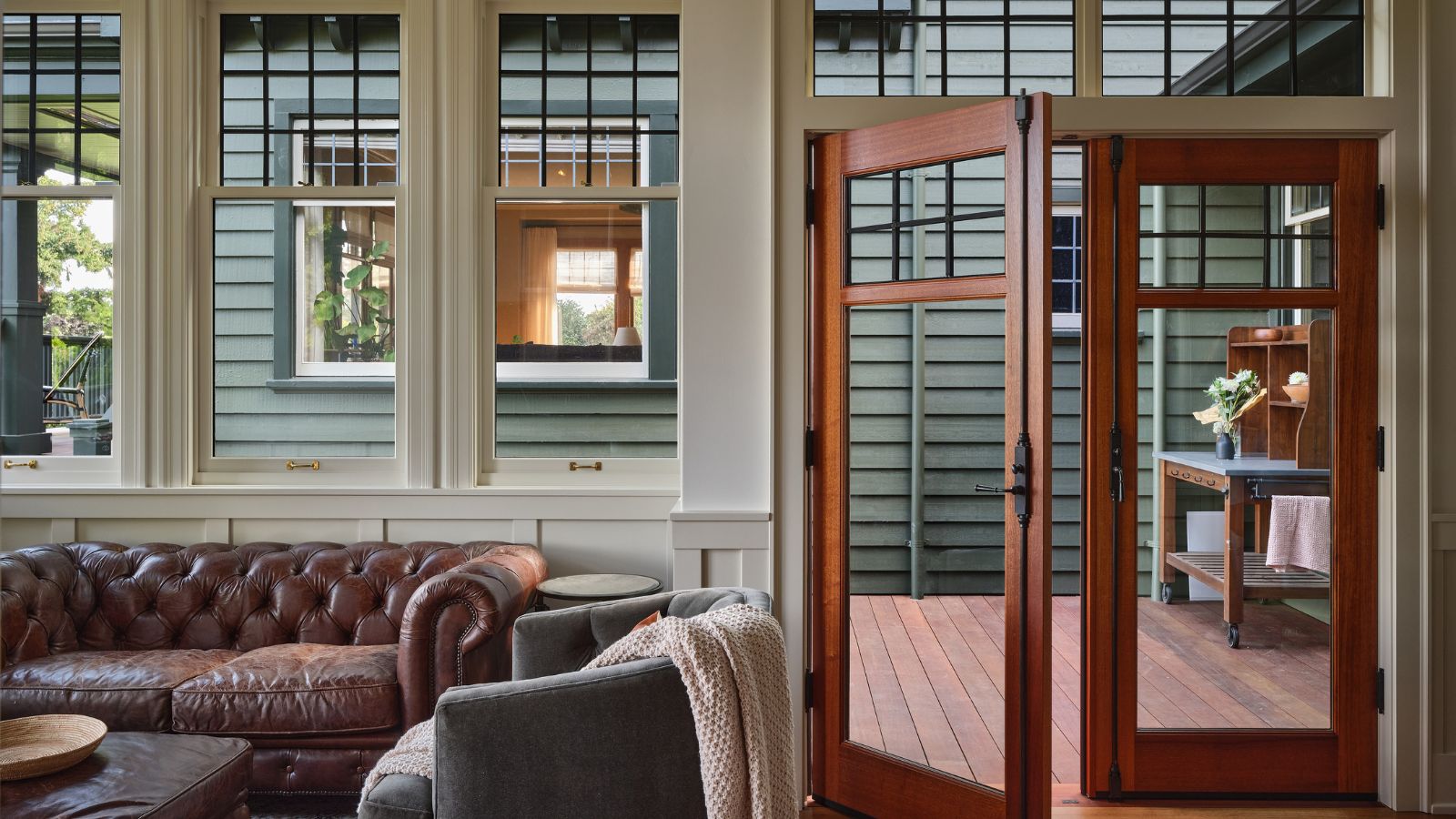
Design expertise in your inbox – from inspiring decorating ideas and beautiful celebrity homes to practical gardening advice and shopping round-ups.
You are now subscribed
Your newsletter sign-up was successful
Want to add more newsletters?

Twice a week
Homes&Gardens
The ultimate interior design resource from the world's leading experts - discover inspiring decorating ideas, color scheming know-how, garden inspiration and shopping expertise.

Once a week
In The Loop from Next In Design
Members of the Next in Design Circle will receive In the Loop, our weekly email filled with trade news, names to know and spotlight moments. Together we’re building a brighter design future.

Twice a week
Cucina
Whether you’re passionate about hosting exquisite dinners, experimenting with culinary trends, or perfecting your kitchen's design with timeless elegance and innovative functionality, this newsletter is here to inspire
Cleaner indoor air, whether from an air purifier or an air ionizer, is fast becoming a household essential. From allergens and pollution to smoke and VOCs, there’s growing awareness about what’s floating around in our homes – and how to tackle it.
Both purifiers and ionizers sound similar, but experts warn that the differences between them are important when deciding to invest in your health.
After spending more than 100 hours testing the best air purifiers in my own home, here I compare the two technologies side by side to help you decide which option is safest and most effective for your space.
Air purifiers vs. air ionizers
I caught up with HVAC and air purifier industry experts, for the full low-down on air purifiers and air ionizers.
What's the difference?
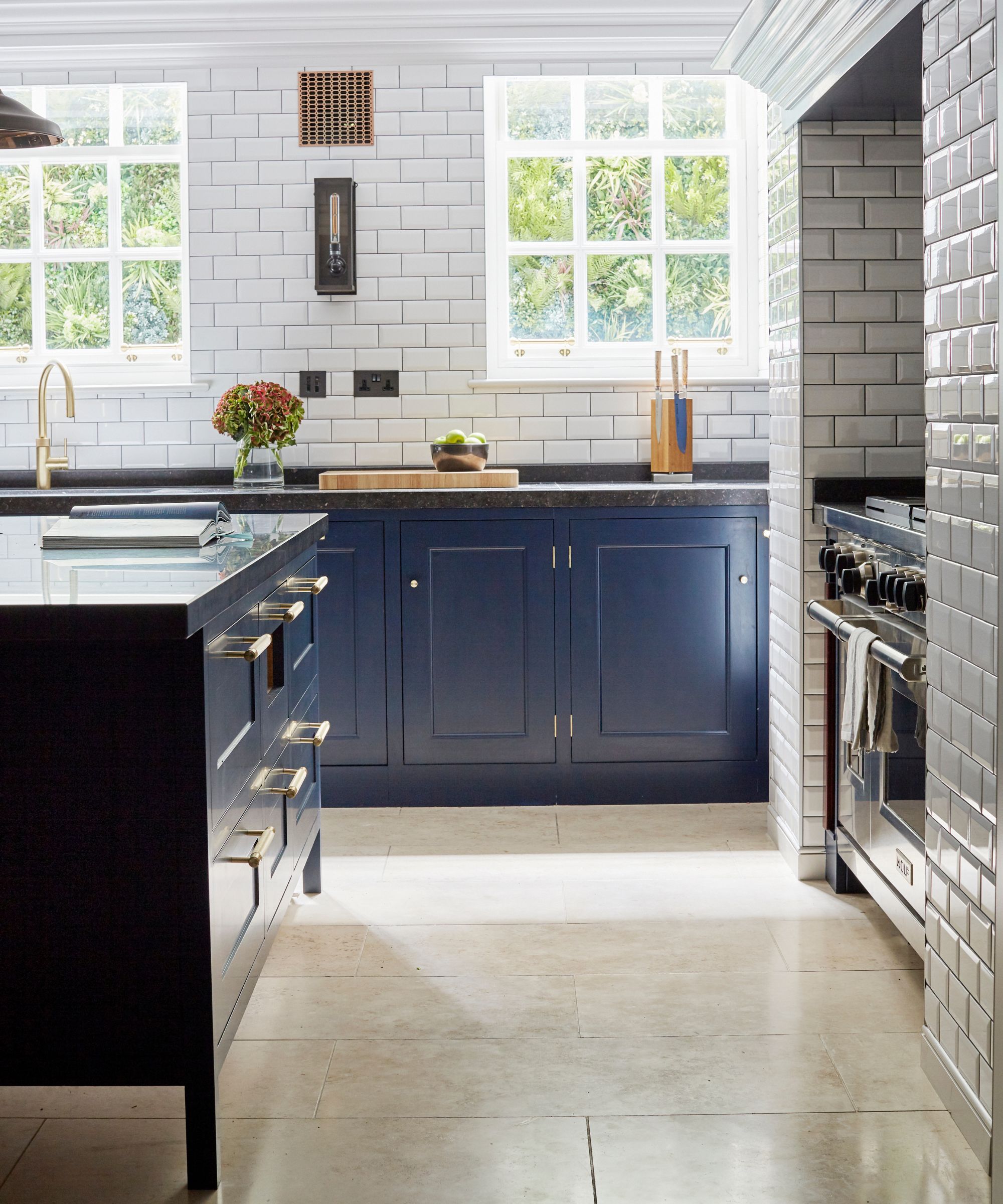
Air purifiers filter harmful particles from the air; air ionizers make the particles heavy enough to fall from the air.
Kelly Russum, owner of KC’s 23 ½ Hour Plumbing & Air Conditioning, begins, ‘Air purifiers act like vacuums, ionizers act like magnets. Purifiers physically trap pollutants such as dust, dander, and pollen using HEPA or carbon filters. Ionizers, on the other hand, release charged ions into the air that bind to airborne particles, causing them to fall or stick to surfaces.’
It's an important distinction. What air purifiers do is physically remove pollutants from your home by trapping them in replaceable filters, almost like a vacuum cleaner for the air. Many models include activated carbon filters to target odors and gases like VOCs – a method also used in professional-grade systems, and are often confused when comparing air scrubbers vs air purifiers.
In contrast, ionizers don’t remove particles – they displace them. Negative ions attach to pollutants, making them heavy enough to fall from the air. As Lane Martin, co-founder of Modern PURAIR, explains, ‘You’re not really removing the particles, just getting them out of the air temporarily.’
Design expertise in your inbox – from inspiring decorating ideas and beautiful celebrity homes to practical gardening advice and shopping round-ups.
It’s also worth noting that particles dislodged by ionizers tend to settle on floors, shelves, and other surfaces, meaning you’ll still need to clean them up manually. This is important to remember, alongside other air quality mistakes at home, such as ignoring dust buildup or failing to vacuum soft furnishings. The Black+Decker dustbuster furbuster at Amazon is perfect for vacuuming sofas and upholstery thanks to its powerful, handheld design that we awarded 4.5 stars on test.
Dr. Jaspreet Dhau, vice president of research development at Molekule, adds a further note of caution, ‘Ionizers work to remove pollutants by electrically charging airborne particles. However, ozone is a very gangrenous and toxic compound and a lung irritant even at low concentrations.’ It’s a side effect of many ionizing processes – and one that shouldn’t be overlooked when deciding on an air ionizer.
Which is best for me?

If you have asthma, allergies or respiratory issues – an air purifier is the right choice.
Choosing between an air purifier and an ionizer largely depends on your health and your home's priorities.
If you suffer from allergies, asthma, or other respiratory conditions, experts overwhelmingly recommend air purifiers. Kelly Russum says, ‘Air purifiers give tangible and visible results. You see the filters fill up, and they’re excellent at capturing allergens, mold spores, and even bad smells.’
Air purifiers are also highly effective when paired with other lifestyle changes, such as removing household items that pollute your air and improving ventilation. For urban homes, they’re especially helpful in efforts to improve air quality when living in a city.
On the other hand, ionizers offer low-maintenance convenience. With no filters to change, they’re quieter and cheaper to run. They can also help with ultra-fine particles, such as smoke.
But as Dr. Dhau warns, ‘Ozone is a toxic lung irritant,’ and ionizers that emit it are best avoided in homes with children, pets, or anyone with respiratory sensitivities. Having an indoor air quality monitor, available at Walmart, can help you stay on top of indoor irritants.
‘If you want an ionizer,’ advises Kelly Russum, ‘you need to choose models that meet California’s CARB ozone emission limits.’ These are certified to release little or no ozone – a vital consideration, especially in small or poorly ventilated rooms. This Lasko Tower Fan and Ionizer at Walmart is officially certified to meet these standards.
Some people consider using both devices or purchasing models that combine the two. However, Russum argues this is often unnecessary: ‘There’s no need to knock down pollution and push it to surfaces, if you can just get rid of it with a purifier.’
What to shop
You can find air ionizers ranging from $40 to $200+ at Walmart and Amazon to suit different homes. Here are our top three air purifiers from the 17 we've tested. All prices correct at time of publication.
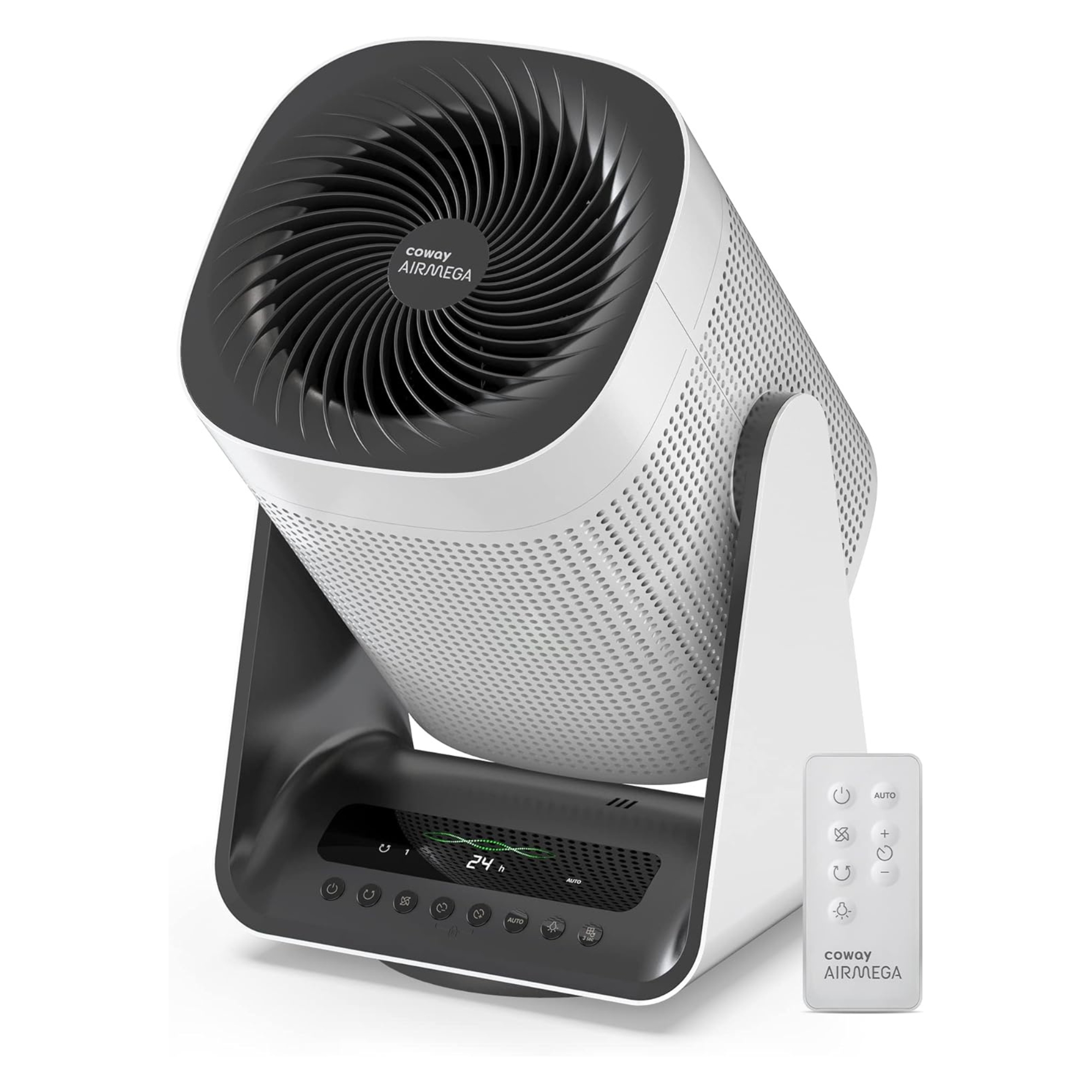
The Coway Airmega Aim is a fantastic purifier at a low price, loaded with a HEPA filter and purification you can aim. We loved how quickly it removed pet odors from the air during testing.
Read more in our full Coway Airmega Aim review.
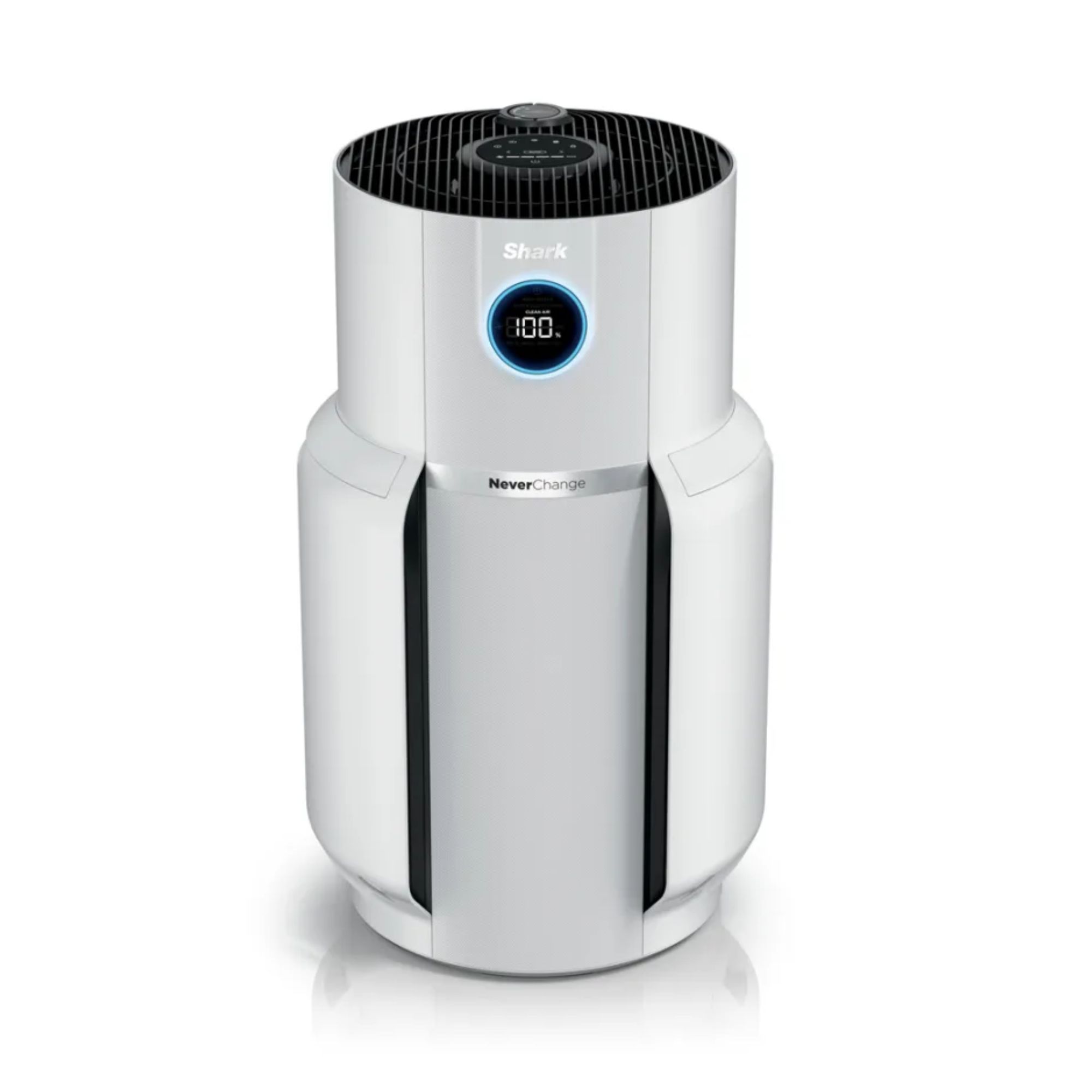
I use the Shark NeverChange MAX in my home and it's amazing how quickly it can purify the air. When the air quality gets bad, say after cooking or leaving the windows open, it can go from 50% to 100% in less than an hour.
Read more in my full Shark NeverChange MAX review.
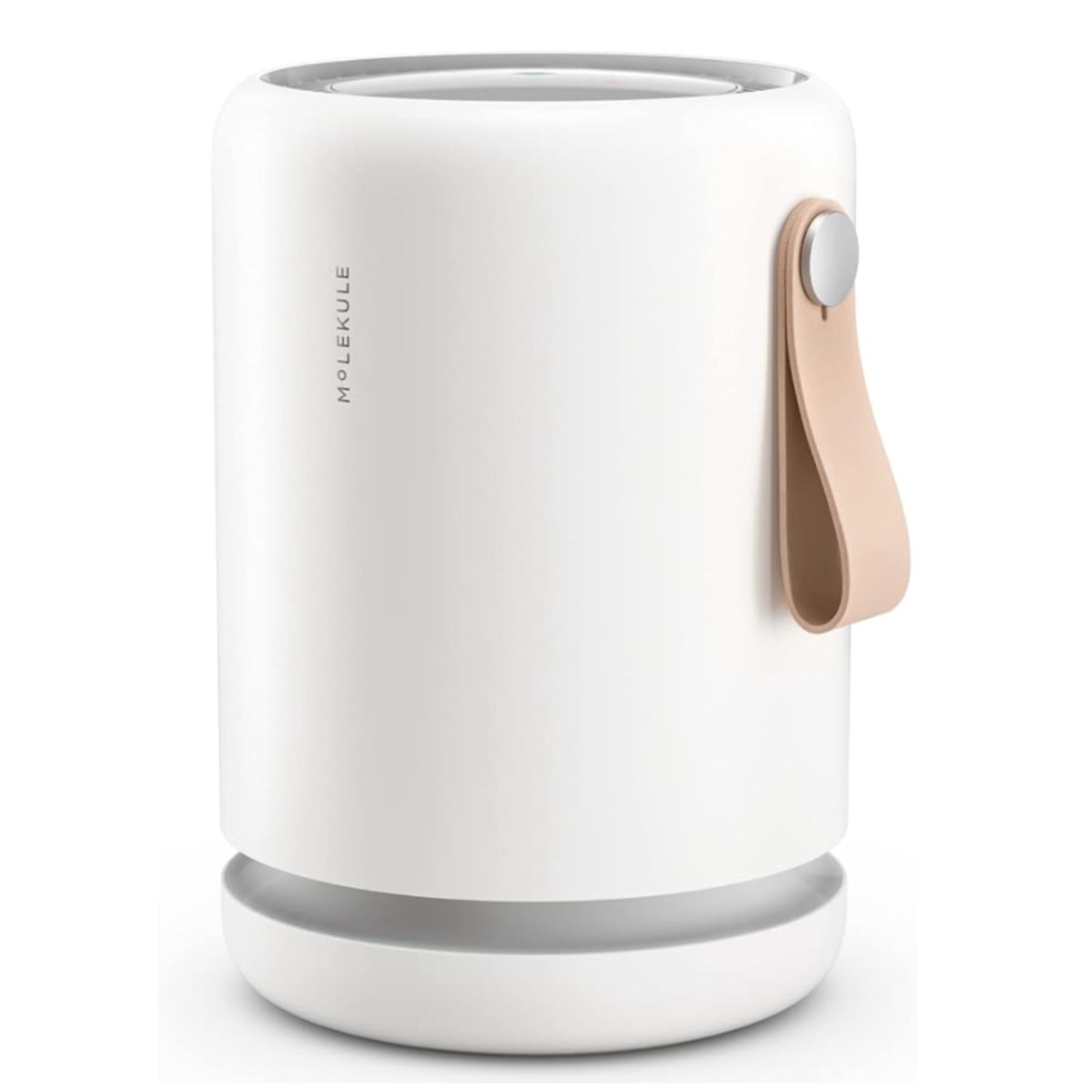
For almost a year, I've been using the Air Mini+ as a bedroom air purifier that's almost eliminated my asthma and allergy symptoms at home. It's a little expensive, but this small purifier has unique PECO technology that can actually disarm pollutants at the molecular level.
Read more in my full Molekule Air Mini+ review.
Meet the experts

Kelly Russum founded KC’s 23 ½ Hour Plumbing in 1978. Today, Kelly and his team continue to provide expert plumbing solutions, as well as air conditioning and heating repairs, installations, and maintenance.

Lane Martin is the co-founder of Modern PURAIR, North America's fastest growing Indoor Air Quality (IAQ) franchise system.

Dr. Jaspreet Dhau is the vice president of research and development at Molekule, bringing over 19 years of extensive research experience from both academia and industry.
Next, learn how to choose an air purifier, and compare how they stack up against more natural solutions, such as air purifiers vs plants.

Dan is the Home Tech Editor for Homes & Gardens, covering all things cleaning, sound, smart home, and air treatment across the Solved section.
Having worked for Future PLC since July 2023, Dan was previously the Features Editor for Top Ten Reviews and looked after the wide variety of home and outdoor content across the site, but their writing about homes, gardens, tech and products started back in 2021 on brands like BBC Science Focus, YourHomeStyle and Gardens Illustrated.
They have spent more than 400 hours testing and reviewing vacuums, soundbars and air purifiers for Homes & Gardens.
Dan has a BA in Philosophy and an MA in Magazine Journalism. Outside of work, you'll find them at gigs and art galleries, cycling somewhere scenic, or cooking up something good in the kitchen.
